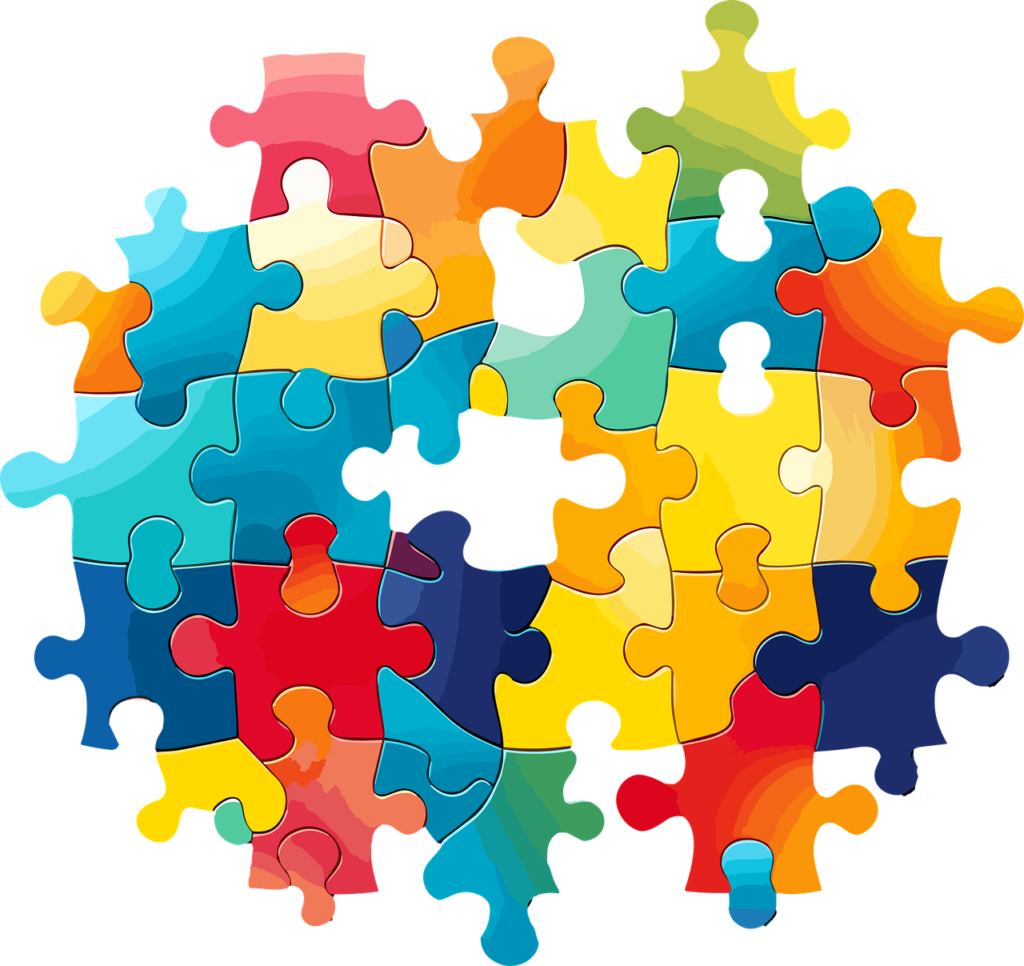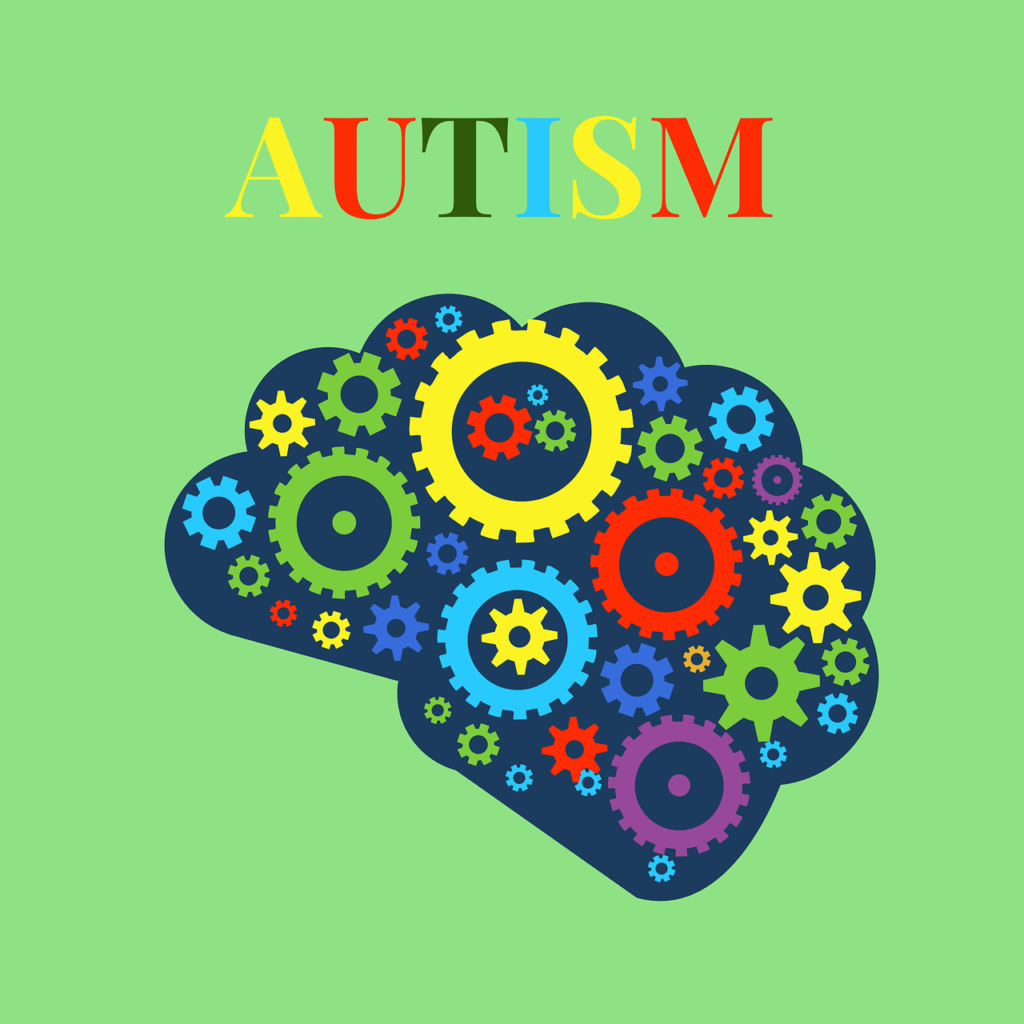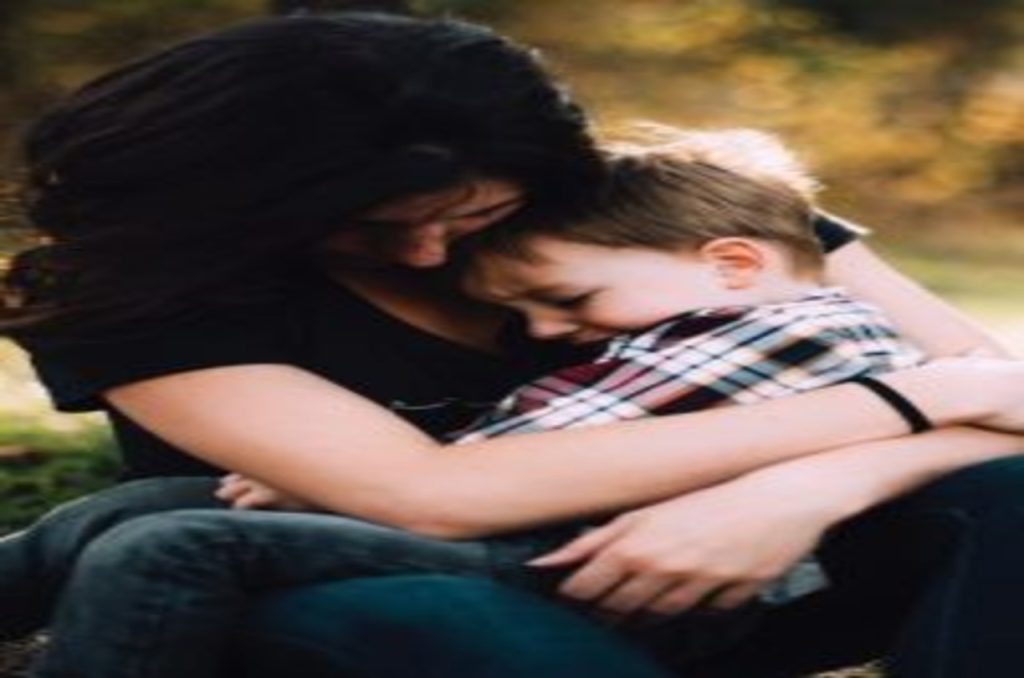The Challenges of Finding the Right School for My 7-Year-Old Autistic Son in Germany
When my husband suggested relocating to Germany in 2018, I thought my biggest challenges would be the language barrier and starting a new career. I was excited, nervous, and scared, but my biggest motivation was my children. Insecurity was becoming an issue in Nigeria, and my son was showing signs of being on the autism spectrum. We thought Germany would be a great place to get the support we couldn’t find in Nigeria. Don’t get me wrong—Germany is a fantastic country with excellent education, one of the best healthcare systems, and substantial social benefits. To top it all off, we don’t have to worry about insecurity. But when it comes to raising a child with special needs, especially autism, Germany is surprisingly far behind for such a highly developed country. The school system in Germany is particularly challenging for children on the spectrum because it is very inflexible. In Germany, it is compulsory to send your child to the Grundschule (the equivalent of primary school), and you could be fined if you do otherwise. Homeschooling is illegal except under extraordinary circumstances. At six, your child must be registered at the community elementary school, where they will stay for the next four years. My son is seven years old, almost eight, and we have yet to find a school for him. Why? The Grundschule is not structured to accommodate children with any form of disability, whether physical, mental, or intellectual. The teachers and most of the staff have zero training when it comes to children with special needs. The lack of awareness is astounding. My son’s first four days at the Grundschule were disastrous and traumatizing. You might wonder why I took my son to the Grundschule instead of a specialized school. We searched for a school for a whole year, and every school we applied to rejected us. My son is non-verbal autistic with high intellectual and learning abilities, but most special needs schools (Förderzentrum) take only children with learning disabilities. Therefore, they have no capacity for children with an IQ above 60. And because it is against the law in Germany to keep your child at home, we had to take him to the Grundschule, despite knowing it wouldn’t work. The main issues with finding a school for kids with autism are: Limited Schools: There are few schools for children who need emotional and social support like my son. If your child has Down syndrome, cerebral palsy, or a learning disability, you might find a school. However, the system does not cater to the needs of children with neurodevelopmental disabilities like autism without a learning disability. Lack of Special Needs Teachers: There is a significant lack of special needs teachers or trained school accompaniment (Schulbegleiter) who can assist your child in a regular classroom. Most Grundschule teachers have not interacted with children with special needs and have no idea what to do. My son’s class teacher, despite having a Ph.D., is constantly panicking around him. Parental Influence: Parents of other children have significant influence over the school. If a parent is uncomfortable with your special needs child being in the classroom, your child has to leave. Long Waiting Lists: Even if you find the right school, the waiting list is so long that your child might be ready for high school by the time a spot opens up. The waiting list can take as long as two years or more. Unhelpful Government Bodies: The government body in charge of special education is ineffective, offering no sound advice and providing little assistance. Language Barrier: If you are a foreigner struggling with the German language, your frustration doubles. School officials and government bodies primarily communicate in German, and finding English speakers is rare. It’s either you find a school or no school; there is no alternative, which is why my son has been home for the last eight months. The bureaucracy is tedious, requiring many forms and conversations in German with no real results. We have applied to all the schools in my city and have either been rejected or placed on a waiting list. This will be our ninth month without school for my son. I had to quit my job to be home with him. It has not been easy, but God is faithful. If you have a child with special needs and you plan to relocate to Germany, I advise you to make all your findings before taking the leap. If you are in a similar situation, write to me in the comment section. If you have any questions, I will be happy to respond. Cheers! Read more



